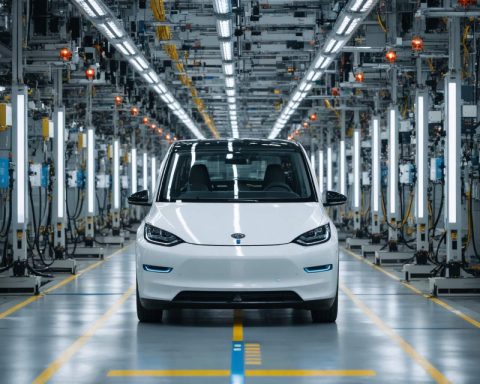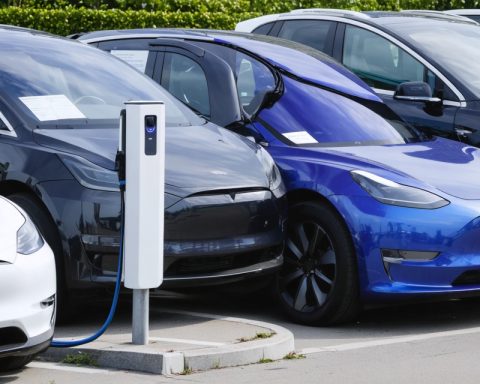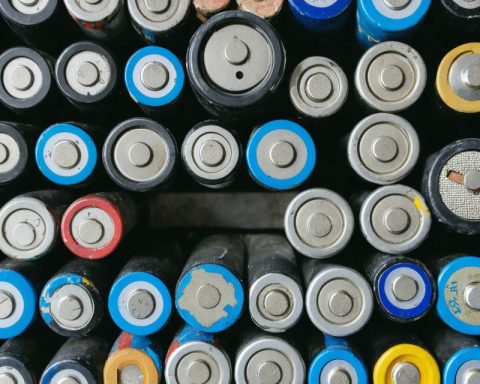In a transformative move to reshape its energy landscape, Germany’s Bundesnetzagentur has sanctioned a comprehensive hydrogen core network proposed by the nation’s gas transmission operators. This innovative infrastructure will encompass 9,040 kilometers of pipelines, expected to incrementally enter service until 2032. Notably, 60% of these pipelines will be repurposed from existing natural gas lines, while the remaining will be constructed afresh, involving an anticipated €18.9 billion investment.
This monumental approval signifies a strategic pivot towards establishing a robust hydrogen economy in Germany. It paves the way for an interconnected network of hydrogen clusters, spanning diverse industrial and commercial zones. These clusters are poised to accelerate hydrogen adoption both domestically and in collaboration with Germany’s adjacent nations.
The intricate planning and rigorous discussions leading up to this approval span over a year and a half. During this time, stakeholders diligently assessed market demands and identified converts for existing natural gas pipelines. Recognizing the need for coordinated efforts, the German government took decisive steps in spring 2023, formalizing plans for intricate connections between key hydrogen production and utilization sites.
July 2023 marked a significant phase, as operators and the Federal Ministry for Economic Affairs and Climate Action collaborated on defining the network’s criteria. Through an iterative process involving feedback and revisions, the proposed draft was finalized and submitted in July 2024.
Germany’s hydrogen network initiative sets a precedent for holistic energy integration, encompassing both gas and electricity frameworks. As these advancements unfold, the nation’s energy operators remain proactive, refining their strategies to meet emerging challenges and fostering a sustainable energy future.
Germany’s Hydrogen Network Revolution: What It Means for the Future
The ambitious plan for Germany’s hydrogen core network is not only a technical evolution but also a major socio-economic pivot that could significantly alter the landscape of energy consumption and production. While the original announcement focused on the size and scope of the infrastructure, several underlying impacts and controversies are also worth exploring.
Transformative Effects on Communities and Industries
The integration of a hydrogen network in Germany could revolutionize industrial processes by offering cleaner alternatives to coal and natural gas. For communities, this transition means reduced air pollution, as hydrogen energy production releases only water vapor. This shift could lead to health benefits and decreased healthcare costs in regions historically plagued by industrial emissions.
Industrially, hydrogen serves as a critical feedstock for sectors like chemicals, refining, and steel. The hydrogen network enables Germany to enhance its production capacity, making domestic industries more competitive internationally while adhering to stricter emissions regulations. This network also fosters innovation by enabling smaller enterprises and startups to develop new hydrogen-based products and services.
The Job Market: A Boost or a Threat?
One critical question surrounding this development is its impact on employment. The construction and maintenance of new hydrogen infrastructure promise to create thousands of jobs. However, as hydrogen gradually replaces traditional fossil fuels, jobs in coal mining and natural gas extraction might face reductions. The crux of the matter is whether Germany will manage to retrain these workers to fit into new roles offered by the hydrogen economy.
International Implications and Collaboration
Given Germany’s strategic location in Europe, this hydrogen initiative is not just a national endeavor but a continental one. It offers a practical path for neighboring countries to connect into the network, facilitating a pan-European hydrogen economy. This shared framework could become the cornerstone of energy agreements and treaties, aligning diverse energy policies across the EU.
What Are the Controversial Aspects?
Despite its promise, the project is not without controversy. Critics argue that converting natural gas pipelines might face safety and technical challenges, given the different properties of hydrogen gas. Ensuring the integrity of these lines to prevent leaks or accidents is paramount. Additionally, the high investment costs raise questions about affordability and the long-term economic viability of the project.
Furthermore, there are environmental concerns regarding the production of hydrogen itself, particularly if derived from non-renewable sources. The German government must ensure that hydrogen is predominantly green—produced using renewable electricity—to maximize environmental benefits.
Will Hydrogen Replace Traditional Energy Sources?
Hydrogen is likely to become a crucial component of the energy mix rather than an outright replacement. It’s particularly suited for sectors that are difficult to decarbonize, such as heavy industry and long-haul transport. While it might not replace electricity from direct renewable sources in homes and businesses, it will complement them, offering a stable, high-density energy store.
For a deeper dive into hydrogen technology and its applications, visit the International Renewable Energy Agency.
In conclusion, Germany’s hydrogen network is poised to play a foundational role in reshaping the country’s energy strategy, offering numerous benefits while also presenting significant challenges. The world will be closely watching Germany as it embarks on this transformative journey towards a more sustainable and interconnected energy future.














